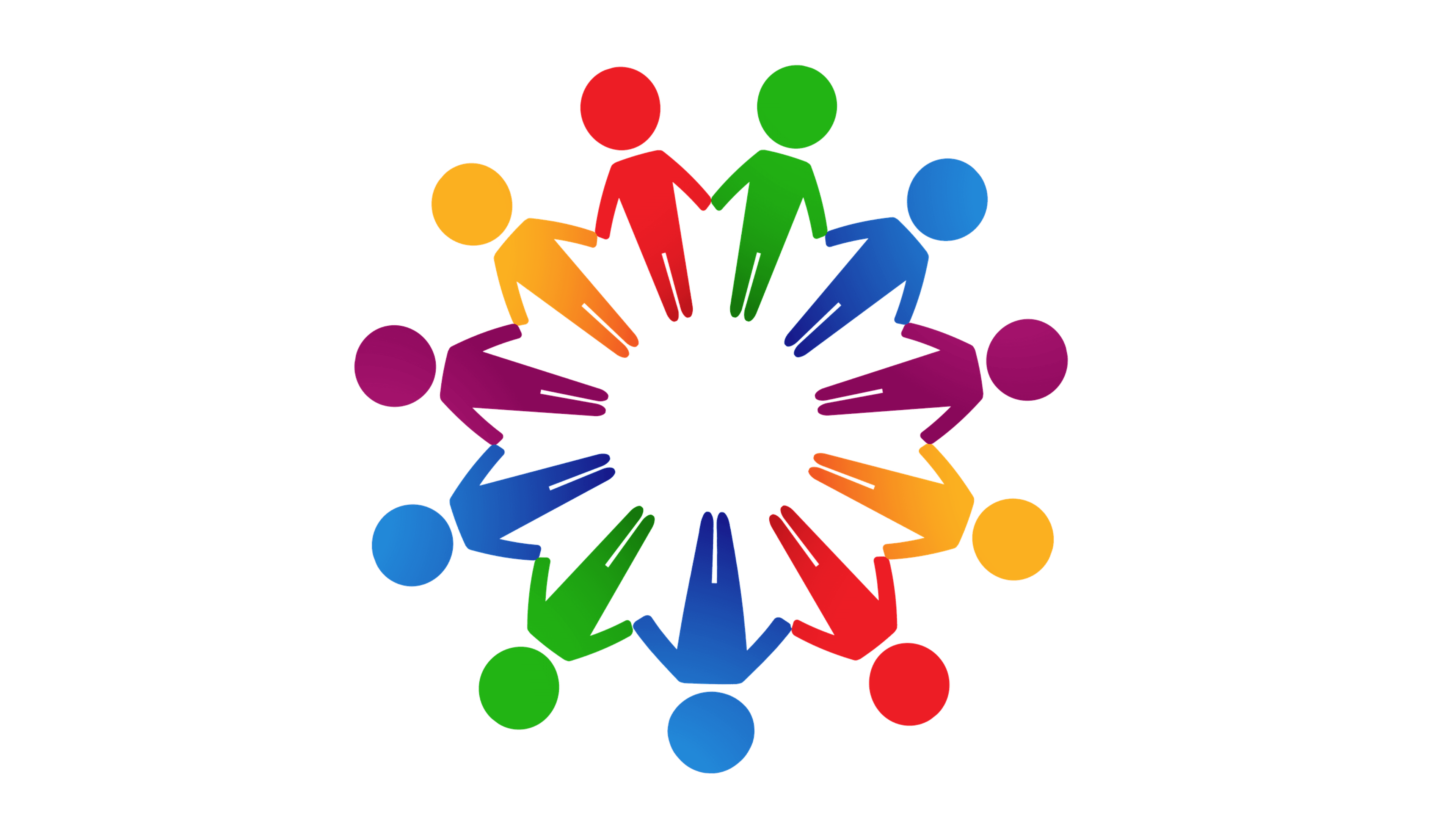In this blog I am going to talk about some aspects of facilitation. When I first encountered the term ‘facilitation’ and ‘facilitator’, I thought it sounded very fancy and complicated. I could not imagine myself as a facilitator, because I thought it would need some special skills that I do not have. By now, I understand that facilitating is actually pretty easy, basically anyone can do it. Facilitation is being in front of a group of people and leading some group activity. Group activities are very common, we do them in daily life at a language school or a yoga class for example. But facilitation is also commonly used in the areas of (professional) trainings and therapy. In these examples, a facilitator does not have to do too much: give some instructions, listen to the audience members and let the group activity flow. The session participants will learn a lot from being in a group and exchanging ideas.
One big obstacle that I faced when I started facilitating is stage freight. It goes like this: I am in front of a group of people, it suddenly gets quiet, everybody is looking at me. When I start talking, I hear my own voice, I can’t think of what to say. I get nervous, I talk fast, trying to wrap up the conversation quickly. And when I am finished I feel bad about not being able to convey the message the way I wanted. Fortunately, I have found ways to deal with my anxiety. I make my introductions short and simple. I don’t need to be funny or particularly interesting. As long as people have clear instructions, it is fine. And I remind myself that in facilitating, I am doing a giant favor to the audience members. During group activities, people need to be told what to do, they like to be coordinated. Without facilitation, groups become chaotic really fast.
The next big question is: what should I facilitate about? It is likely that you are not a self-help guru or a mental health professional (yet). Of course you could wait until the moment arises where you have to facilitate: maybe in your job you will be asked to train a group of new colleagues. Or you will volunteer to be the trainer of your daughter’s volleyball team. But you don’t need to wait for a special occasion. Facilitation is a skill that you can grow and apply to all parts of life. You can take a hobby or interest that you have. For instance, I used my interest for sustainability and environmental protection. I wanted to talk about this topic with young people and I felt that I had a passion and enthusiasm to share. I thought of a group activity around this topic and I asked a friend for feedback: how would you feel about participating in such activity? Finally, I had to find an audience and situation to facilitate. I happened to join a training with young people, and I asked whether I could incorporate my session into the training. And there I was, facilitating! By cooperating with an existing group activity, you don’t need to look for a new audience or venue.
I hope my blog has got you thinking about facilitation. Probably you will soon inspire others with your special spark!

